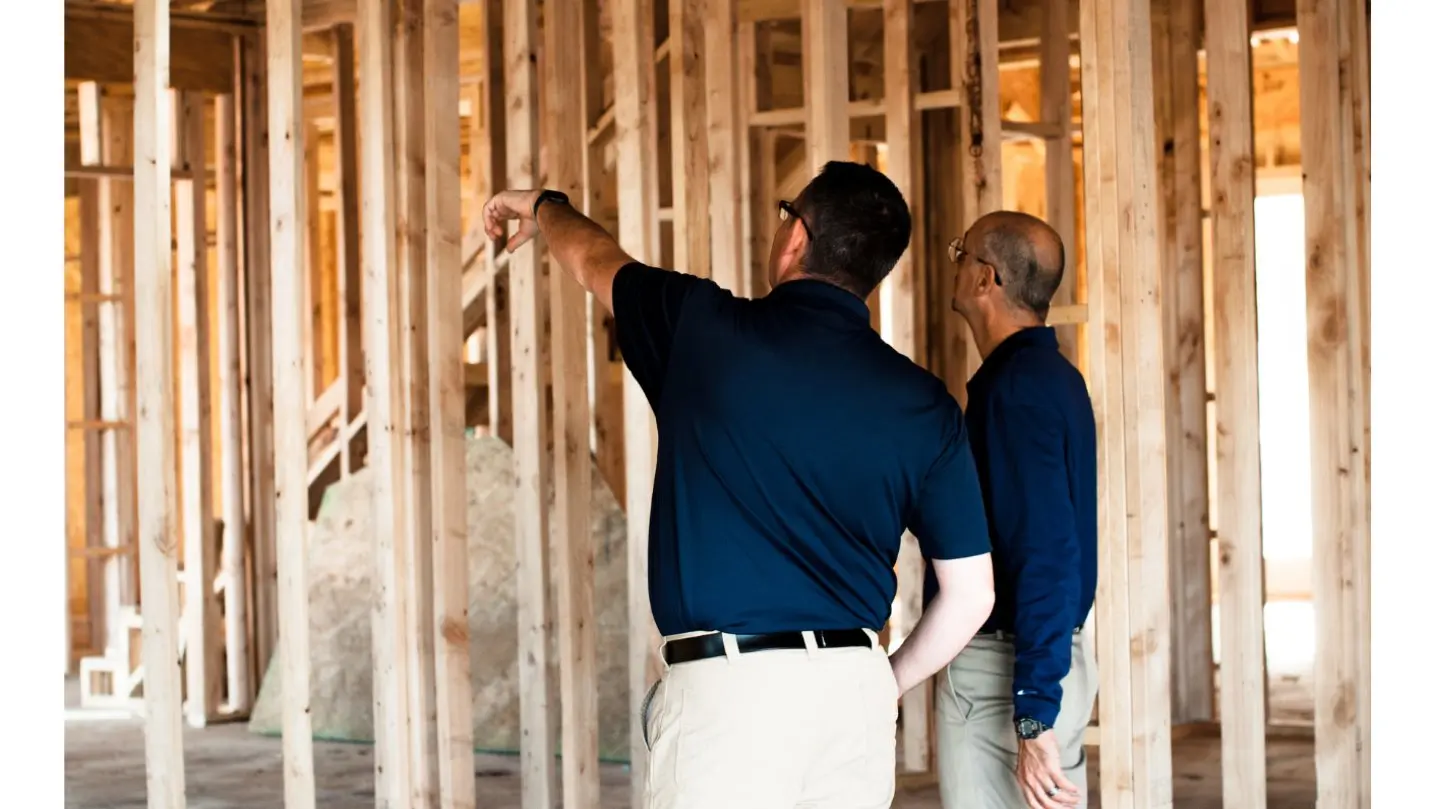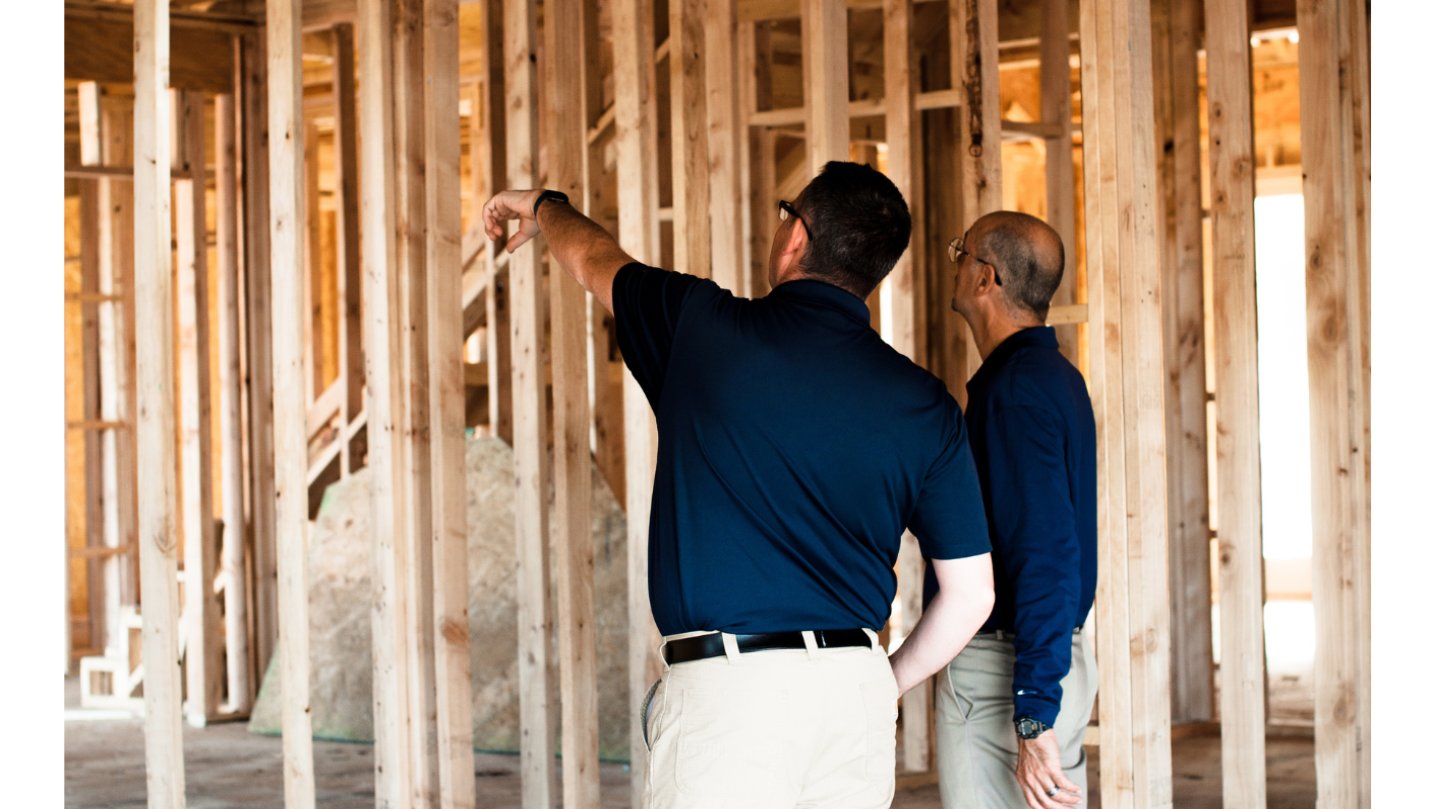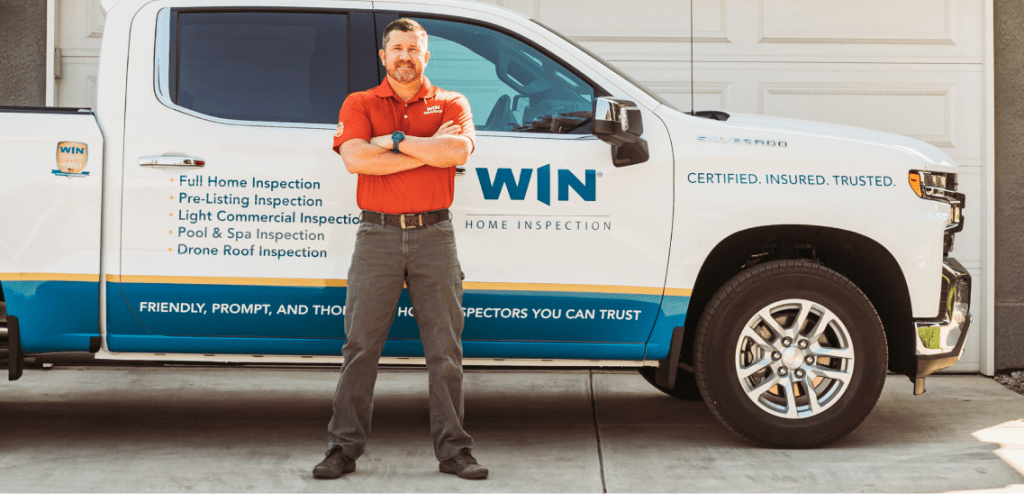Ready to Embark on an Exciting Journey with WIN?
Take the first step toward personal and financial freedom by filling out the interest form. One of our franchise advocates will be in touch with you soon!

Ever wondered who ensures the buildings and cozy homes you live and work in are safe? You have construction inspectors to thank. These professionals make sure construction projects meet building codes, regulations and safety standards. Their role is crucial in maintaining the quality and safety of both residential and commercial structures.
In this guide, we’ll walk you through how to become a construction inspector. You’ll learn about education, training, certifications, skills needed, and tips for gaining experience. Whether you’re just starting your career or considering switching fields, this guide offers clear steps to follow.
A construction inspector ensures that construction projects follow building codes and safety regulations. They work on various types of projects, including homes, commercial buildings, and industrial sites, to verify that everything meets safety standards.
Their duties include:

Before you start your journey, it’s important to know what a construction inspector does. Inspectors examine structural integrity, plumbing systems, electrical systems, and safety measures. They conduct site inspections, review plans, and document findings.
Key skills include attention to detail, problem-solving, and good communication. Physical stamina is necessary since the job requires walking around construction sites.
This role offers job stability, competitive salary, and opportunities for advancement. Inspectors can move into supervisory roles like site supervisor or specialize in safety or quality control.
To become a construction inspector, you typically need a high school diploma or equivalent. However, an associate or bachelor’s degree in construction management, engineering, or a related field can give you an advantage. Courses such as building codes, construction technology, and safety standards are useful.

Experience is essential in this field. Start by working in the construction industry in entry-level positions like laborer, carpenter’s assistant, or electrician’s apprentice. This hands-on experience helps you understand the construction process and prepares you for inspections.
Some states require construction inspectors to be licensed. Check your state’s requirements and, if necessary, take the licensing exam. Study your state’s building codes and take prep courses if available.
Certification can boost your credibility and career prospects. Several organizations offer certification programs for construction inspectors, including:
To succeed as a construction inspector, develop both technical and soft skills. Key technical skills include knowledge of building codes, construction methods, and the ability to read blueprints.
Soft skills are also essential:
Ongoing learning is important. Stay updated on new construction technologies by attending workshops and training sessions.

Once you have the qualifications and experience, you can either start a construction inspection business or apply for jobs.
Networking is important when job searching. Attend industry events and join professional organizations to build connections. You can also search for jobs on boards like Indeed, Glassdoor, or specialized sites like ConstructionJobs.com.
| Position Title | Construction Inspector |
| Education & Training Level | High school diploma or equivalent |
| Education & Training Level Description | Most construction inspectors need a high school diploma and relevant work experience in a construction trade. On-the-job training is common, and some employers may prefer candidates with a bachelor’s degree in engineering or architecture. Community colleges offer certificate or associate degree programs in building inspection technology, covering subjects like building inspection, home inspection, and construction technology. Courses in blueprint reading, algebra, geometry, and business management are also beneficial. Continuing education may be required for maintaining credentials. |
| Brief Job Description | Inspectors ensure that construction complies with local and national building codes, zoning regulations, and contract specifications. |
| Preferred Level of Education | High school diploma or equivalent plus work experience in a construction trade |
| Preferred Level of Experience | Refer to the Bureau of Labor Statistics for detailed information |
| Estimated Salary (Median Pay) | $67,700 per year (As per year 2023) |
| Job Profile | Construction inspectors verify the safety compliance of various structures including buildings, bridges, and sewer systems. They check projects multiple times throughout construction phases and provide feedback on findings. Special inspectors focus on critical components like concrete and steel fabrication, representing the owner’s interests. |
| Job Skills | Training varies by state and inspector type; most training occurs on the job. Inspectors learn building codes and standards necessary for licensing through continuing education. Key skills include: Inspection techniques Knowledge of codes and regulations Contract specifications Recordkeeping and reporting Experience in trades such as carpentry or plumbing is advantageous. Licensing requirements differ by state; some states require certification from professional associations. Most inspectors must renew licenses periodically and complete continuing education courses. A valid driver’s license is necessary for site travel. |
| Resources | https://www.bls.gov/ooh/construction-and-extraction/construction-and-building-inspectors.htm |

If you want to take it further and start a business, consider joining WIN Home Inspection. WIN is the top-ranked home inspection company in the U.S. and offers training, support, and the chance to grow in residential services.
WIN provides over 400 hours of training across technical, business, and marketing areas. Franchise owners have access to more than 35 services, including new construction and pre-drywall inspections.
Becoming a construction inspector is a fulfilling career offering stability, good pay, and advancement opportunities. By following these steps, gaining education, experience and essential skills, you’ll be on the path to success. Whether you choose to work for a company or start your own business, this career provides plenty of reward and fulfilling work.
Are you ready to take the next step? Consider starting your journey with WIN Home Inspection and become a leader in the industry! To learn more about owning your own WIN franchise, please fill out our interest form.